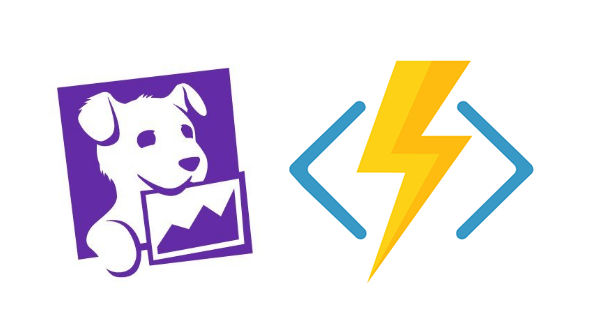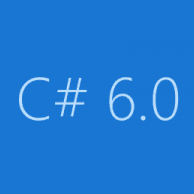
This article will show you how easy it is to log something to DataDog from Azure Function using a standard ILogger interface from Microsoft.Extensions.Logging.Abstractions NuGet package.

This article will show you how easy it is to log something to DataDog from Azure Function using a standard ILogger interface from Microsoft.Extensions.Logging.Abstractions NuGet package.

.NET Core framework provides one very useful feature - Self-contained application. You don't need to install any .net runtime on your computer, you can just copy your application to the target host and run it. Furthermore, you can run it on any platform (Windows, Linux, OSX)! When you create a self-contained application, after publishing, you will see the whole .net runtime next to your application. There are some advantages: You do not need to have installed .NET Core on a target machine You ca...

C# 6.0 has a lot of great new features, which save developer's time and make code more clean and short. At the conclusion of the C# 6.0 series let's go through the whole list of the new C# 6.0 features again (all titles are active). Each article contains detailed explanation of the particular feature with resulted IL code and "old-school" way of doing the same things. String Interpolation var a = 1.2345; Console.WriteLine($"test {a}"); Console.WriteLine($"test {a} {a} {a}");...

Hi, folks! Today we are gonna talk about new indexer initialization syntax introduced in C# 6.0. As we know, we already have good way to initialize dictionary: var dic = new Dictionary<string, int> { {"Apple", 2}, {"Pear", 10} }; but in C# 6.0 we have a better way to do the same: var dic2 = new Dictionary<string, int> { ["Apple"] = 2, ["Pear"] = 10 }; As for me, it is a bit nicer because we already have curly brackets in the beginning and endin...

Exception filters is a new C# 6.0 feature. Visual Basic.NET and F# have this functionality for a long time. That is because exception filtering was implemented in CIL but not in C#. Now, this technique available for us. That's how you can use it: try { Method(); } catch (Win32Exception ex) when (ex.NativeErrorCode == 0x07) { // do exception handling logic } catch (Win32Exception ex) when (ex.NativeErrorCode == 0x148) { // do exception handling logic } catch (Exception) { // log unhandled excepti...

The next new feature of the C# 6.0 is auto-property initializers and get-only auto property. The main problem that they suppose to solve is immutable type declaration. Before C# 6.0, if you want to create immutable type with properties, you have no possibility to use auto property: public string Property { get; set; } So, you were forced to use regular get-only (read-only) property with read-only backing field: private readonly string prop; public string Prop { get { return prop; } } public Ctor...

C# 6.0 has a lot of new features, one of them is nameof operator. Let's see how it's implemented internally and what we can do with it. This operator will help us get rid of "magic strings" in our code. We all know following use case: public void Method(int arg) { if (arg < 0) { throw new ArgumentOutOfRangeException("arg"); } } With nameof operator we can rewrite code in a nicer way: public void Method(int arg) { if (arg < 0) { throw new ArgumentOutOfRangeException(nameof(arg));...